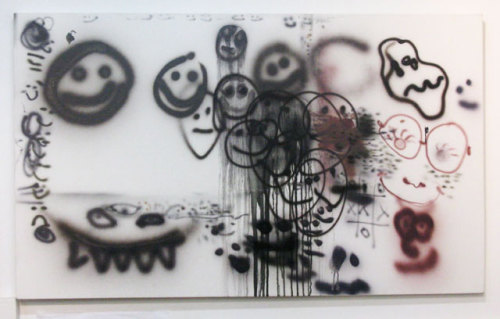- 188
- 10
- Joined
- Nov 7, 2002
Painters to know about who investigate the "amateur aesthetic":
Josh Smith

Roger White

Joe Bradley



Nate Lowman

Dan Colen

Josh Smith

Roger White

Joe Bradley



Nate Lowman

Dan Colen












